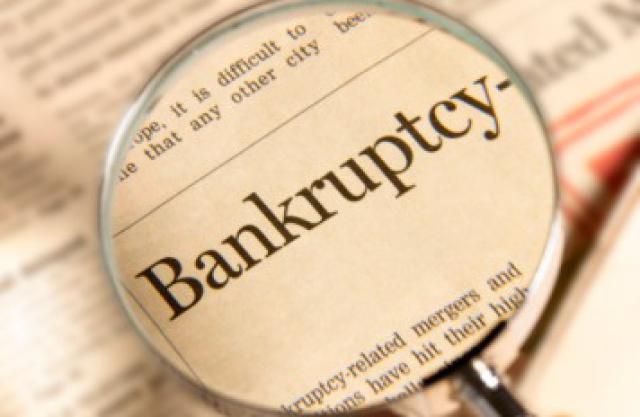
Due to the inherent difficulty of predicting when someone may be entitled to an inheritance, there is often little consideration of the implications of receiving an inheritance would cause during the course of bankruptcy.
When a person becomes bankrupt, whether that be forced or through their own volition, their divisible property, which includes their home, shares, bank accounts, motor vehicles (subject to the indexed amounts) and other assets vest in their trustee for the period of their bankruptcy. Section 58 of the Bankruptcy Act 1966 (Cth) compels a trustee to collect and sell assets which are acquired by the bankrupt during the course of their bankruptcy (typically 3 years). This is often referred to as after acquired property.
An entitlement to an inheritance in a deceased estate qualifies as after acquired property. As such, the property vets in the bankruptcy trustee as soon as it is acquired by or devolves on the bankrupt. As such, any inheritance that the Bankrupt is entitled to, is required to be paid to the trustee. Naturally, to avoid an inheritance falling into the hands of a bankruptcy trustee, there are certain measures in respect of estate planning that can be put in place. The problem arises when there is little to no indication that the person in which the inheritance is to be left to, is in financial distress/on the brink of bankruptcy.
Should you wish to understand more in relation to the above, or how best to protect your inheritance so that it does not end up in the hands of a bankruptcy Trustee, please contact our office and speak to one of our staff.
